Why no monsoon can mean a cold, wet summer
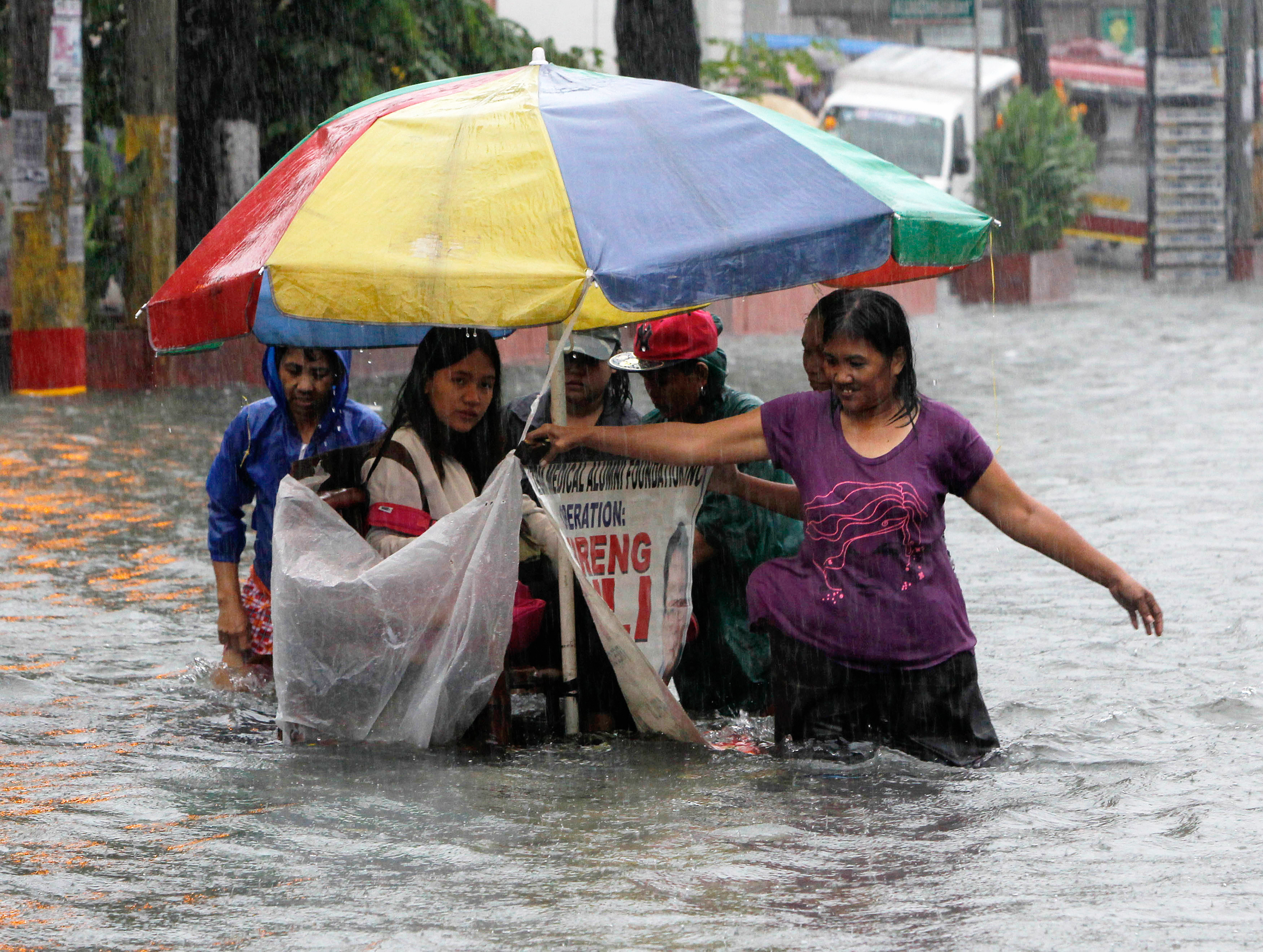
Scientists have yet to find the thieves who robbed large parts of Europe of its summer this year. The most famous “year without a summer” was that of 1816, and Swiss researchers now think they know why it was wet as well as cold.
In 2014, summer temperatures were lower than average, and there was more rainfall as well. Luckily, a good spring resulted in excellent crop yields for fruit farmers.
Not so almost 200 years ago, when agriculture was hit especially hard in central Europe. There were famines and people starved to death – also in Switzerland.
An international team from the Oeschger Centre for Climate Change Research at the University of Bern has identified the chain of events that are probably to blame for that catastrophic summer, as well as some others.
The connection between volcanic eruptions and bad weather has long been known; the volcanoes spew sun-blocking dust into the atmosphere, often causing a drop in temperatures in the months or even years that follow. What’s new is the intermediary: the monsoons.
“We believe that oscillations in the African monsoon may be responsible for the rainy European summers,” according to Stefan Brönnimann, head investigator of the Oeschger Centre study. He and his team looked into how 14 intense tropical eruptions over the past 400 years affected the European climate as well as monsoon regions.
Why so wet?
The study, which was published in the Journal of ClimateExternal link this past spring, used model simulations to establish a link between volcanic eruptions and weak monsoons. It’s a connection that wouldn’t seem logical at first glance.
“If a volcano goes off, you have volcanic aerosols that dim the sunlight and you have less solar radiation. So it’s more or less intuitive to expect that it’ll be cooler – but why would it be wetter?” wondered Brönnimann and his colleagues.
As he explained to swissinfo.ch: “If it’s cooler it should actually be drier. Less sunlight means less evaporation, so the atmosphere should be drier – and there should be less precipitation, at least on a global scale.”
But that wasn’t at all the case in 1816, when it rained nearly every day in Switzerland during the so-called “year without a summer” – which hit Europe, New England and Atlantic Canada. Rewind to April 1815, when the Mount Tambora volcano [in what is now Indonesia] erupted violently – shooting ashes and sulphuric gas into the stratosphere.
As the gas slowly made its way towards the polar caps, sunlight was reflected away from the planet – resulting in cooler land masses and less contrast between the air temperatures above land and above water.
Shifting south
“In summer, you would normally have a very hot Saharan desert as well as a very hot land area over India and the Tibetan plateau. That would draw air towards the land – and this is the monsoon. But if the land-sea thermal contrast is weakened, then the monsoon is weakened, too,” Brönnimann said.
When that happens, the sub-tropical high-pressure systems get weaker, too.
“These systems are responsible for our summers. If these are weak, then the storms take a more southerly path, coming through Switzerland when they’d normally pass through Scotland and Norway.”
This only seems to be the case if it was a tropical volcano, and it only happens about three times per century. Eruptions in Iceland, for example, are different because local precipitation will soon scrub the air of any pesky matter before it spreads and starts affecting the weather elsewhere.
“The study shows how regions separated by great distances can affect each other climatically,” Brönnimann said.
As with the 1816 example, volcanoes influenced the summers of 1902 (following the Santa Maria eruption), 1963 (Mount Agung), 1982 (El Tizon), and 1992 (Pinatubo).
As Brönnimann pointed out, the results of the study have triggered some climate engineering ideas, like counteracting greenhouse warming by injecting sulphur into the stratosphere.
However, he’s sceptical about that suggestion, as it might affect the monsoons. “Weakening the monsoons is probably not a good idea,” because it could hurt a billion people depending on that rainfall.
Bummer summer
There weren’t any major tropical volcanoes last year, so what was the deal with 2014 – cooler, greyer and wetter than usual?
“In the next few months there’ll likely be many papers on that. It might just have been the internal variability of the atmosphere, which happens from time to time,” said Brönnimann, pointing out that this summer wasn’t actually that cold.
According to the Federal Office of Meteorology and Climatology MeteoSwiss, average temperatures in summer 2014 were less than a degree below the norms measured between 1981 and 2010. As for rainfall, most regions got 110-140% more than usual – with parts of canton Ticino getting more than 200% more.
But who knows – there might be a bumper crop of creativity following 2014’s mediocre summer. After all, writer Mary Shelley found her inspiration for Frankenstein in the grim weather she experienced on Lake Geneva in 1816.
Volcano conference
From April 7-11, 2015, the Oeschger Centre at the University of Bern will host the International Conference on Volcanoes, Climate and SocietyExternal link. It will commemorate the 200th anniversary of the great Tambora eruption.
In addition to looking at the science of volcanoes and their effect on the climate and food security, participants will reflect on the cultural contributions of these inclement summers.

In compliance with the JTI standards
More: SWI swissinfo.ch certified by the Journalism Trust Initiative

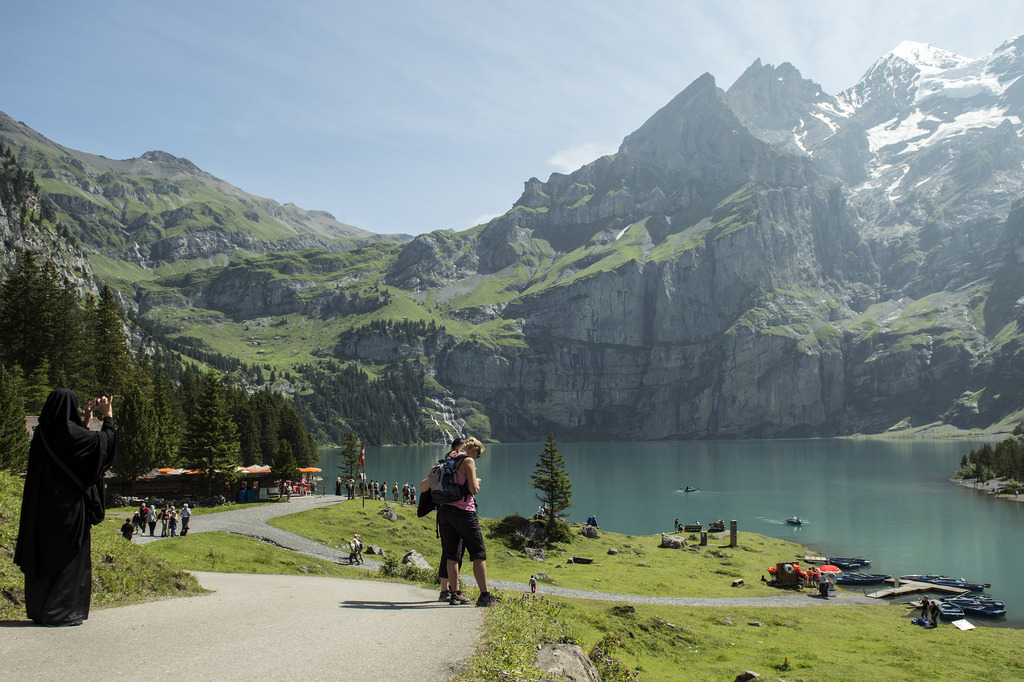
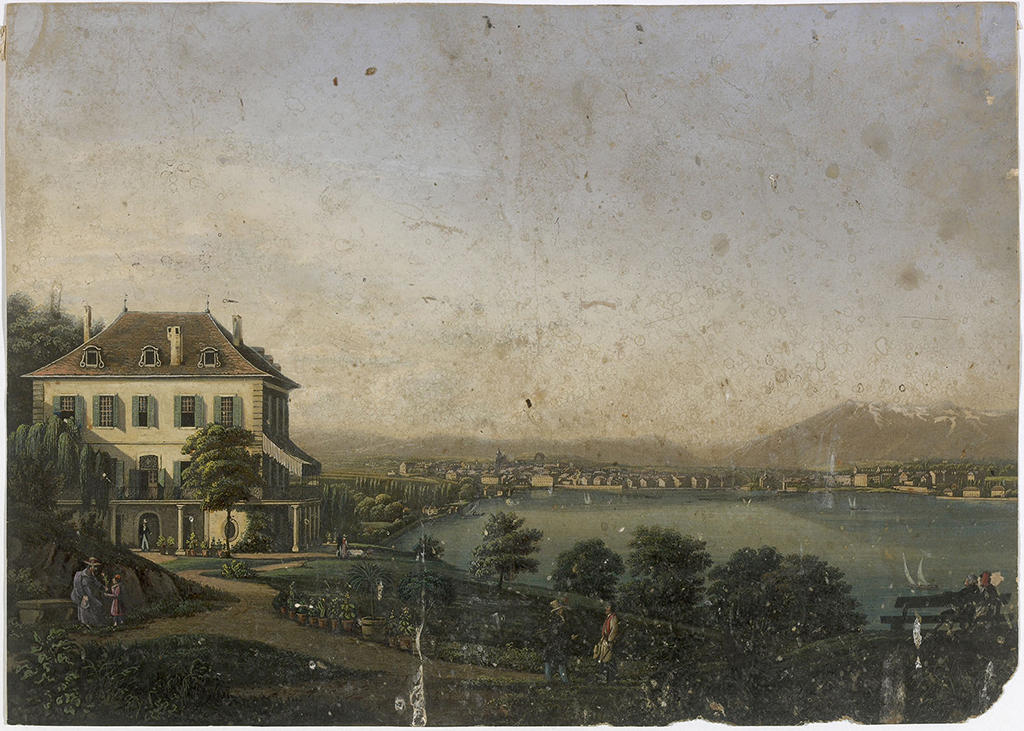
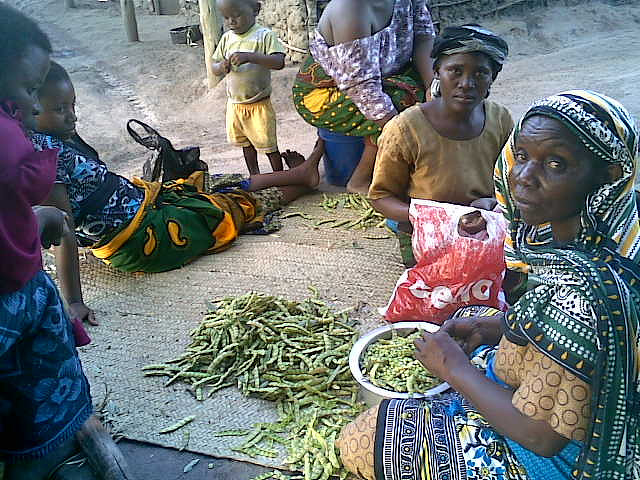
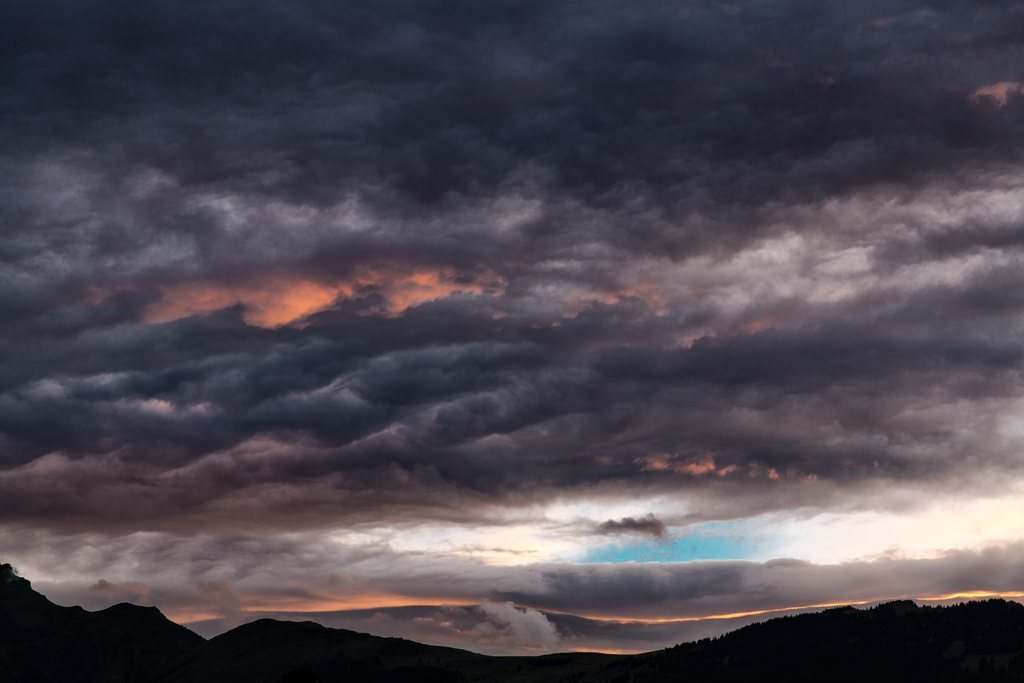
You can find an overview of ongoing debates with our journalists here. Please join us!
If you want to start a conversation about a topic raised in this article or want to report factual errors, email us at english@swissinfo.ch.